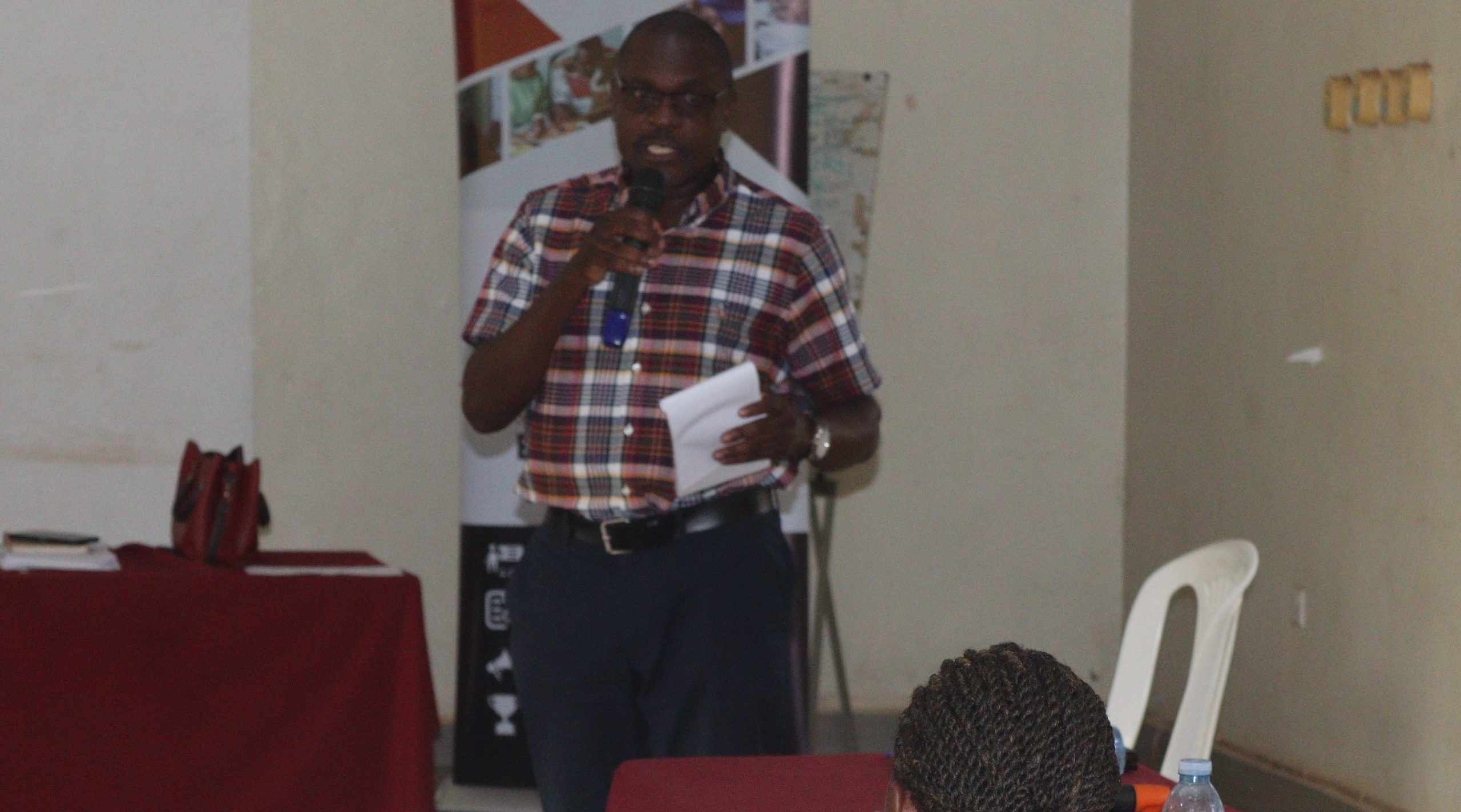
Environmental Activists Ask Gov’t To Support Agroecology
Editorial:
Climate Change activists have asked government and different stakeholders to prioritize agroecology over industrial agriculture as part of support for climate change and sustainable agriculture.
Led by Xavia Ejoi, the Executive Director of Action Aid Uganda, the activists made this plea while speaking at the opening day of the two-day climate justice week of action symposium.
The symposium organized to raise awareness about the environment and climate change as part of Climate Justice Week is taking place at Makerere University School of Public Health Auditorium.
According to Ejoi, Agroecology, a holistic approach to farming that integrates ecological principles, is currently under-prioritized despite its potential to address multiple challenges including climate change mitigation, biodiversity loss, and food insecurity.
“Agroecology offers a pathway to resilience in the face of climate change. It embodies practices that not only enhance soil fertility and crop productivity but also contribute to carbon sequestration and the conservation of biodiversity,” says Ejoi.
The event commenced with a solidarity march for climate justice from Kampala City Square to Makerere University Eastern gate via Buganda Road and Wandegeya under the theme; From Words to Action, Put Your Money Where Your Mouth Is. During the walk, participants encountered light showers, which they embraced as a symbolic affirmation of their steadfast commitment to climate issues.
Amid the challenges posed by climate change, there has been a growing endorsement for climate-smart agriculture, which primarily aims at enhancing resilience to climate change through the adoption of tailored technologies and practices informed by climate data.
However, environmentalists argue that this approach, although labeled as climate-smart agriculture, has its downsides. They contend that practices such as genetic modification of plants and using artificial fertilizers, among others, could pose additional environmental risks in the future.
Anthony Wolimbwa, the National Coordinator of CAN Uganda (Climate Action Network Uganda), pointed out that while the global north champions climate-smart agriculture, those in the global south, like Uganda, lean towards advocating for agroecology as the main solution.
“With agroecology, people will regain control over their food and achieve food sovereignty. Unlike in climate-smart agriculture where power over seed markets, technology, and related chains is centralized, agroecology empowers farmers.” said Wolimbwa.
Professor Julius Kiiza, from Makerere University’s Department of Political Science; who gave a keynote address said that while awareness of climate change is important, it is equally important for African elites not to be dragged into a campaign that only has Western interests.
To him, the Western powers are driving an hidden motives discouraging Africa from exploiting their resources or adapt better technologies thus keeping relying on them for everything.

